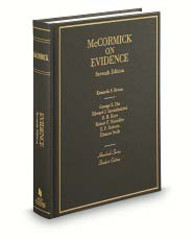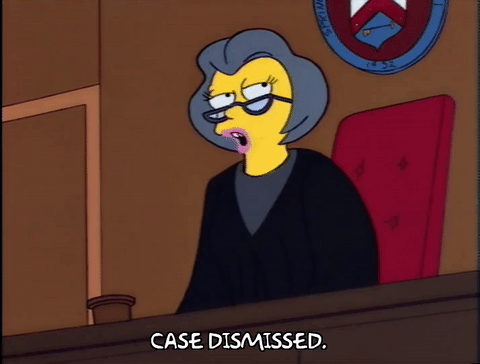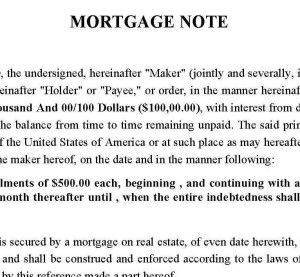The agreed protective order said: “At any time after the delivery of documents designated ‘confidential,’ counsel for the receiving party may challenge the confidential designation of any document or transcript (or portion thereof) by providing written notice thereof to counsel for the opposing party.” The producing party then has 15 days to seek protection; if it does not do so, “then the disputed material shall no longer be subject to protection as provided in this order.” Moore v. Ford Motor Co., No. 13-40761 (June 20, 2014).
Pursuant to the order, Ford produced four boxes of documents related to Volvo safety issues. These communications ensued:
- On May 11, 2004, plaintiffs’ counsel emailed to challenge the confidentiality designations of several documents.
- On June 4, Ford’s counsel asked for Bates numbers.
- On June 23, plaintiffs’ counsel responded, expanded on the confidentiality argument, and said it “will begin passing them out to any and everyone that is interested”
- In July, plaintiffs’ counsel asked: “what’s the word . . . on confidentiality?”
- The next day, Ford’s counsel withdrew its designations as to some documents, said it was “evaluating your claims” as to others, and “expects you to abide by the terms of the Protective Orders in the meantime”
- Plaintiffs’ counsel responded: “I gave Ford adequate time. I am sending the materials out. Thanks for trying.” (He did not specify what “materials”)
- On February 22, 2005, plaintiffs’ counsel asked for an update on the “confidentiality issue”
- On March 8, 2005, Ford responded that “in the spirit of cooperation” it would “officially de-designate from the Protective Order” specified other documents.
In 2012, documents surfaced in other litigation that Ford had produced pursuant to the above protective order; while the opinion does not specify what they were, it seems clear that they were documents which Ford had not formally “de-designated.” Ford moved to enforce the protective order and the district court agreed, finding no “clear written notice . . . challenging the confidential designation of these documents.”
On appeal, plaintiffs argued that the 15-day period ran from the first email, and Ford thus waived its designations by not moving for protection. The Fifth Circuit disagreed, finding the protective order ambiguous on this issue, and stating: “This interpretation may well be the better reading without more, but the parties understanding of these agreed orders bears upon the interpretation, and the actions of both parties strongly suggest” otherwise, noting the lengthy dialogue between the parties. Noting that “[a]lthough on de novo review a different outcome may obtain,” the Court found the district court’s conclusion that no waiver occurred to not be clearly erroneous.
A dissent, among other arguments, noted that (1) the 15-day provision only requires that confidentiality be “in dispute,” (2) Ford drafted the agreement so any ambiguity should be construed against it, and (3) Ford had the burden to establish confidentiality. The dissent concluded the majority opinion undermined “efficient resolution of discovery disputes” by allowing “Ford . . . to undermine this purpose through vague, non-responsive answers.”
































